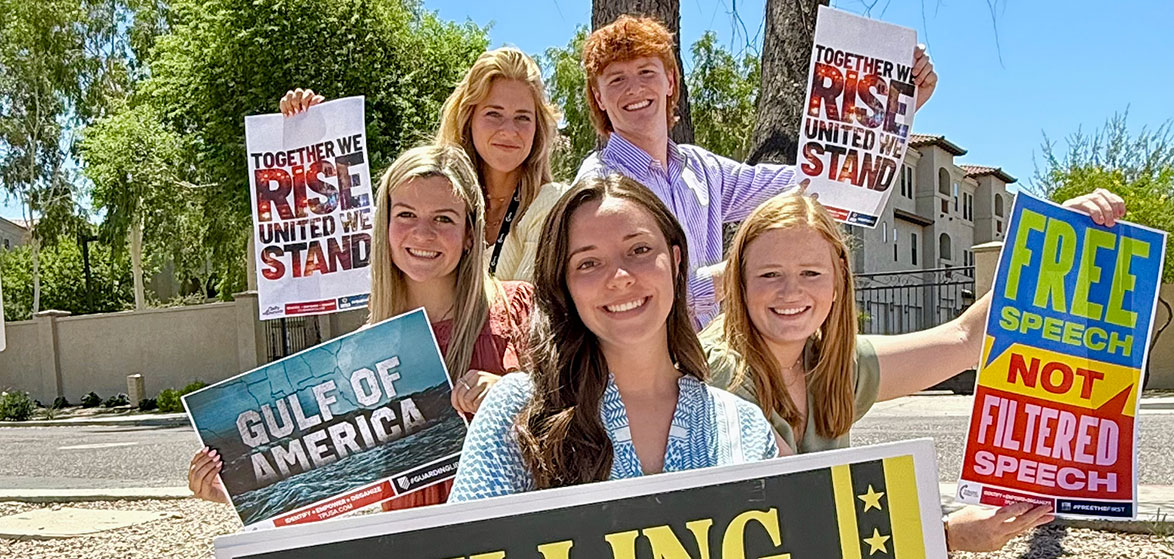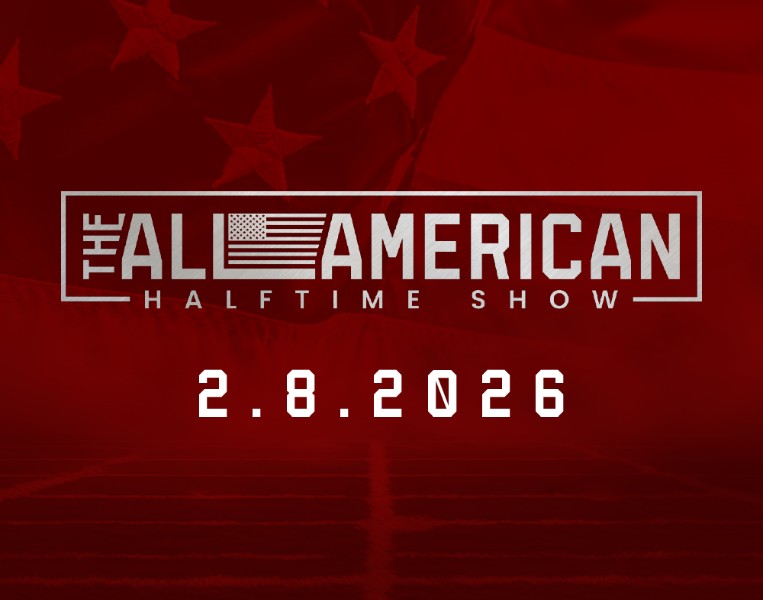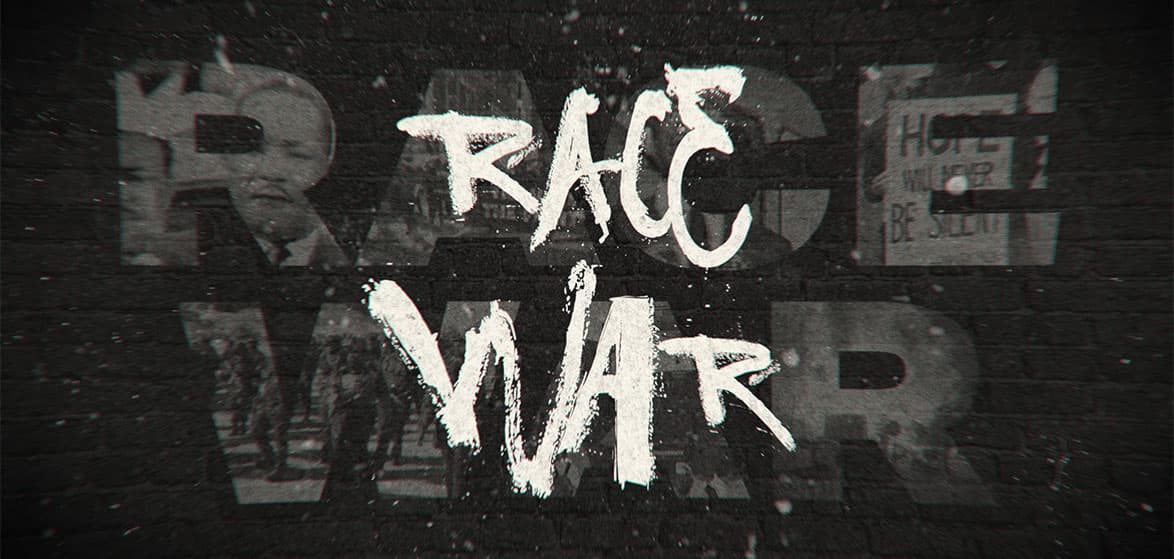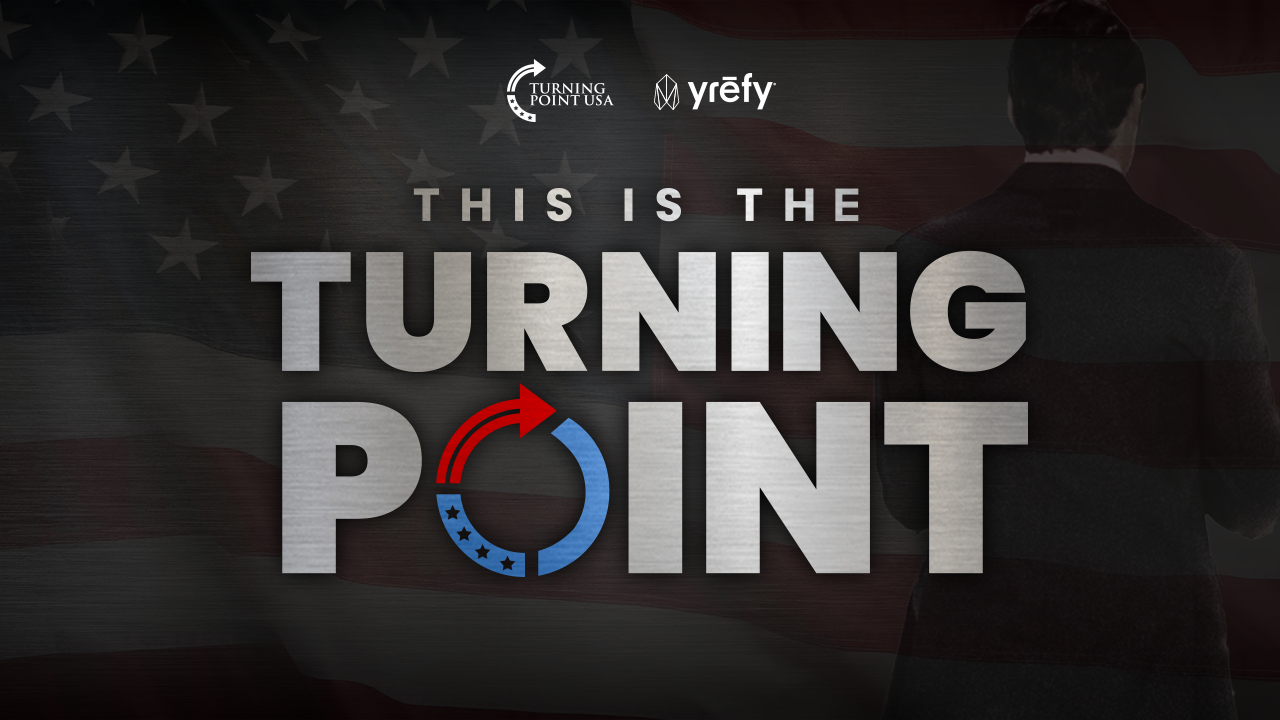
A fan of now NFL quarterback Shedeur Sanders filed a $100 million lawsuit against the league for the “emotional distress” he felt over Sanders alleged mistreatment by NFL teams during the 2025 Draft.
The plaintiff, Eric Jackson, a fan of Sanders living in Georgia, filed the suit through the Northern District of Georgia. He is concerned with obtaining monetary relief for himself and not the quarterback, who was drafted late in the 5th round by the Cleveland Browns to the surprise of many fans and football analysts.
Jackson accused the NFL of violating the Sherman Antitrust Act, which is a federal statute prohibiting “activities that restrict interstate commerce and competition in the marketplace.” He alleges:
“The collusion among NFL teams to influence the drafting process and the subsequent low selection of Shedeur Sanders constitutes a conspiracy to restrain trade and limit competition within the league.”
The plaintiff also accused the league of violating the Civil Rights Act.
“The decisions made regarding Sanders may have been influenced by racial discrimination, violating his rights as a player,” the lawsuit claimed. “The NFL’s actions and the dissemination of slanderous statements have caused severe emotional distress and trauma to the Plaintiff, resulting in frustration, disappointment, and psychological harm as a fan.”
The last allegation is “Violations of Consumer Protection Laws: The NFL may have engaged in unfair practices by misrepresenting the nature of the drafting process and the qualifications of players.”
For relief, Jackson seeks “punitive damages in the amount of $100,000,000 for the harm caused to the Plaintiff and the impact of the NFL’s actions on his emotional well-being.”
Clare Pastore, a professor of law at the University of Southern California, told the LA Times the lawsuit is “ridiculous.” Pastore predicted the reaction it will likely receive from a judge:
“This is ridiculous in many ways, but the biggest thing that I believe will immediately leap out at a judge is the concept of standing,” Pastore said. “A supposed harm someone suffers in combination with some vast number of other people is not something that, that one person has standing to contest. … It’s what the courts call a generalized grievance. And a generalized grievance does not provide standing in federal court.”















